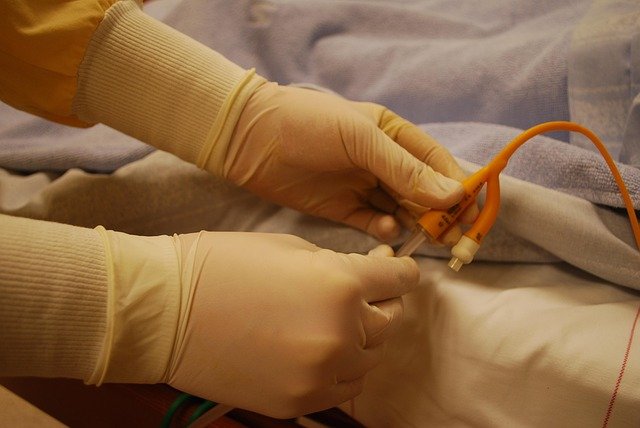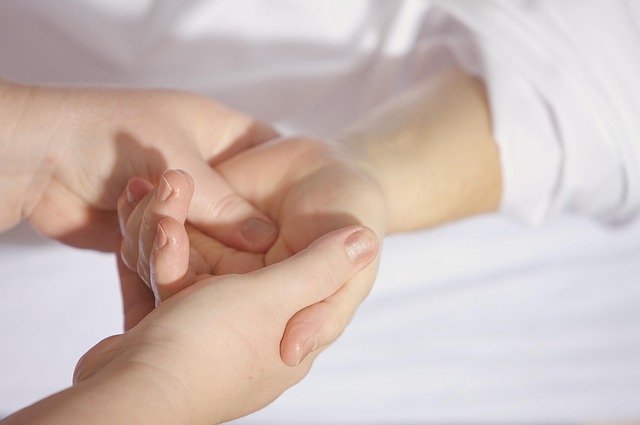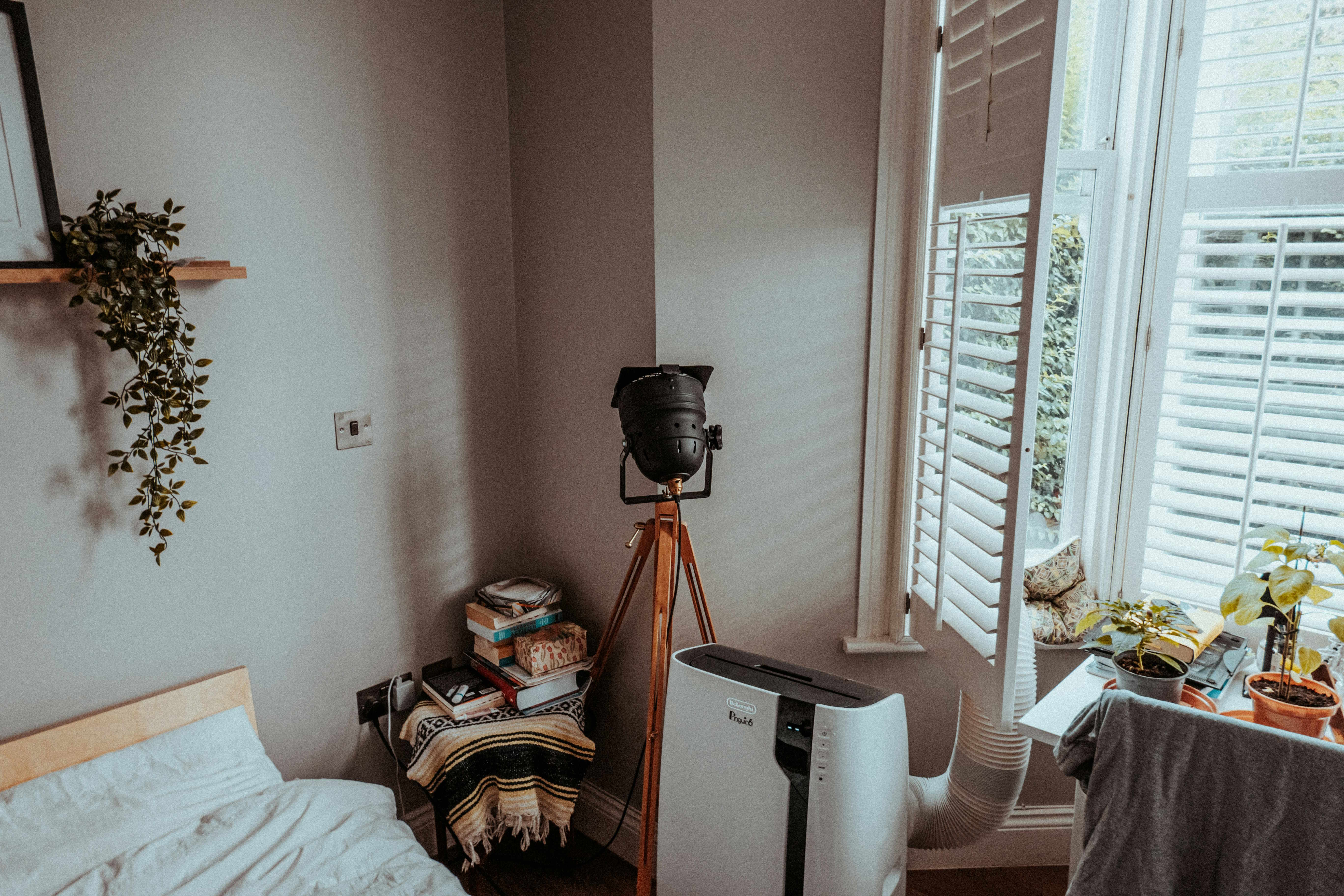Understanding Anxiety: A Deep Dive into the Modern Epidemic
Anxiety is not a new phenomenon. From the earliest days of human history, we have been faced with stressful situations that trigger our fight or flight response. However, the way we understand and treat anxiety has evolved significantly over time. Ancient Greek and Roman physicians, for instance, attributed anxiety symptoms to an imbalance of bodily fluids, called humors. It wasn't until the late 19th and early 20th centuries that psychoanalysis began to offer a psychological perspective on anxiety, highlighting the role of inner conflicts and unconscious fears.

As our society has grown more complex and fast-paced, the prevalence of anxiety disorders has risen. Today, anxiety is recognized as a legitimate and widespread medical condition that affects millions of people worldwide. It is the most common mental illness in many developed countries, including the United States, where it affects roughly 18% of the population.
The Modern Manifestation of Anxiety
In our modern, interconnected world, anxiety often takes on new forms and dimensions. We’re not just worried about immediate physical threats, but also about more abstract and distant concerns, like job security, financial stability, health issues, and social acceptance. The constant influx of information, much of it negative or worrying, can also exacerbate feelings of anxiety.
Moreover, we’re now more aware of the different ways that anxiety can manifest itself, from generalized anxiety disorder (characterized by chronic worrying about various aspects of life) to more specific disorders like social anxiety disorder and panic disorder.
Anxiety’s Impact on Wellbeing
Anxiety is not just about feeling stressed or worried. It can have profound effects on a person’s physical health, relationships, and overall quality of life. Physically, chronic anxiety can lead to symptoms like insomnia, headaches, stomach problems, and even heart disease. It can also make people more susceptible to other mental health conditions, such as depression.
On a broader level, anxiety can hinder people’s ability to lead fulfilling lives. They might avoid certain situations or activities that trigger their anxiety, limiting their experiences and opportunities. They might struggle with work or school, or have difficulty forming and maintaining relationships.
Understanding the Reception and Treatment of Anxiety
Despite its prevalence and impact, anxiety is often misunderstood and stigmatized. Many people still see it as a sign of weakness or a lack of willpower, rather than a legitimate medical condition. This can make it harder for those suffering from anxiety to seek help and receive the support they need.
However, there has been progress in the treatment of anxiety. Cognitive-behavioral therapy (CBT), for example, has been shown to be very effective in treating anxiety disorders. It involves helping patients understand and change thought patterns that lead to anxiety and distress. Medication, such as antidepressants and benzodiazepines, can also be used to manage symptoms.
In recent years, there’s been growing interest in alternative treatments for anxiety, like mindfulness and meditation, yoga, and various forms of complementary and alternative medicine. While these approaches may not replace traditional therapy and medication, they can offer additional tools for managing anxiety.
The Future of Anxiety: Trends and Insights
As our understanding of anxiety continues to evolve, we’re likely to see new trends and developments in how it’s diagnosed and treated. One area of interest is the role of technology in both causing and alleviating anxiety. On one hand, constant connectivity and online pressures can contribute to anxiety; on the other hand, technology can provide new tools for managing anxiety, from mental health apps to teletherapy services.
Another promising area is the study of the gut-brain axis - the relationship between our digestive system and our mental health. Emerging research suggests that our gut microbiome could play a role in anxiety, opening up new possibilities for treatment, like probiotics and diet modifications.
Despite the challenges that anxiety presents, these developments offer hope. With continued research and growing public awareness, we can better understand this complex condition and help those suffering from it lead happier, healthier lives.




